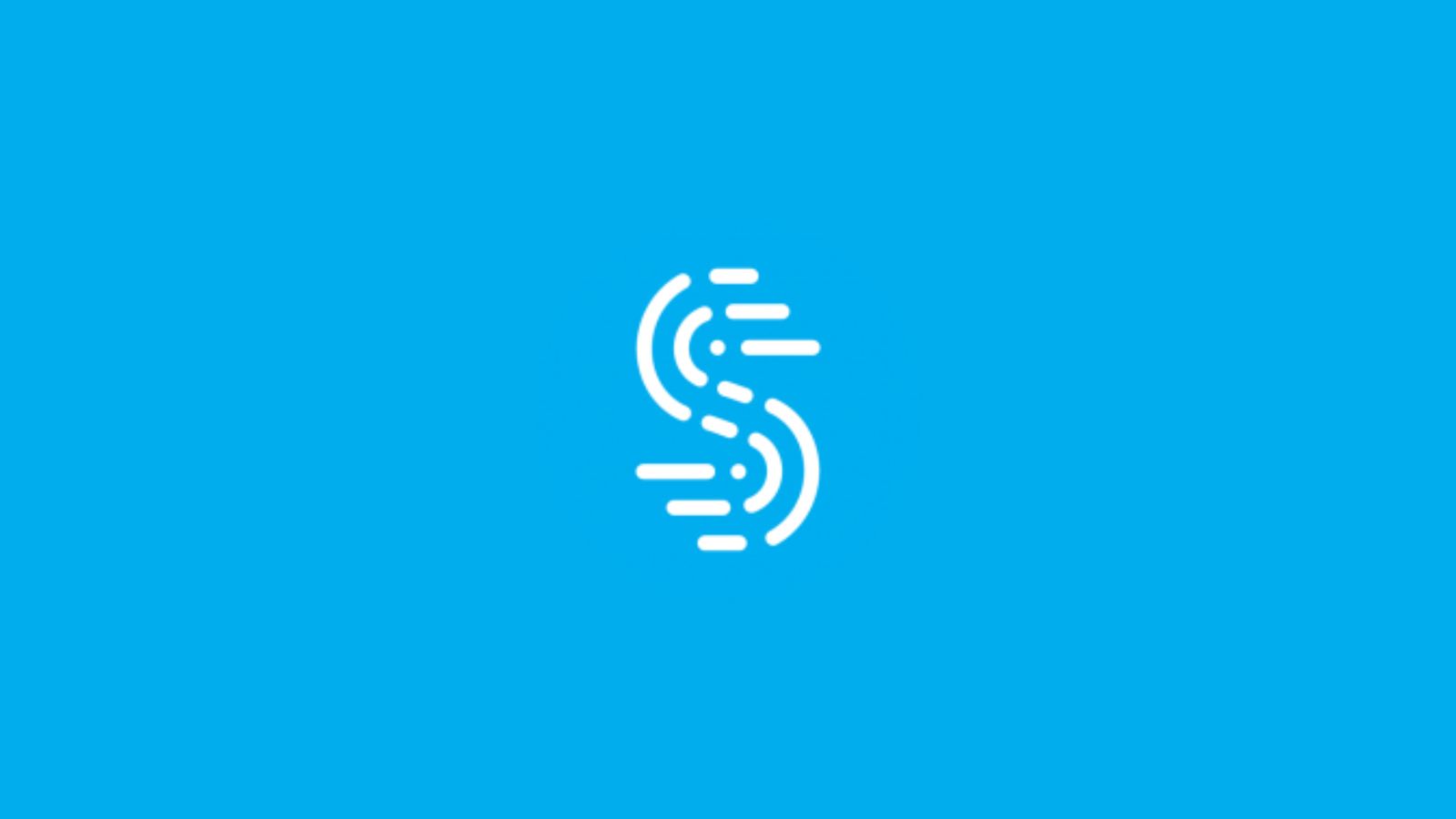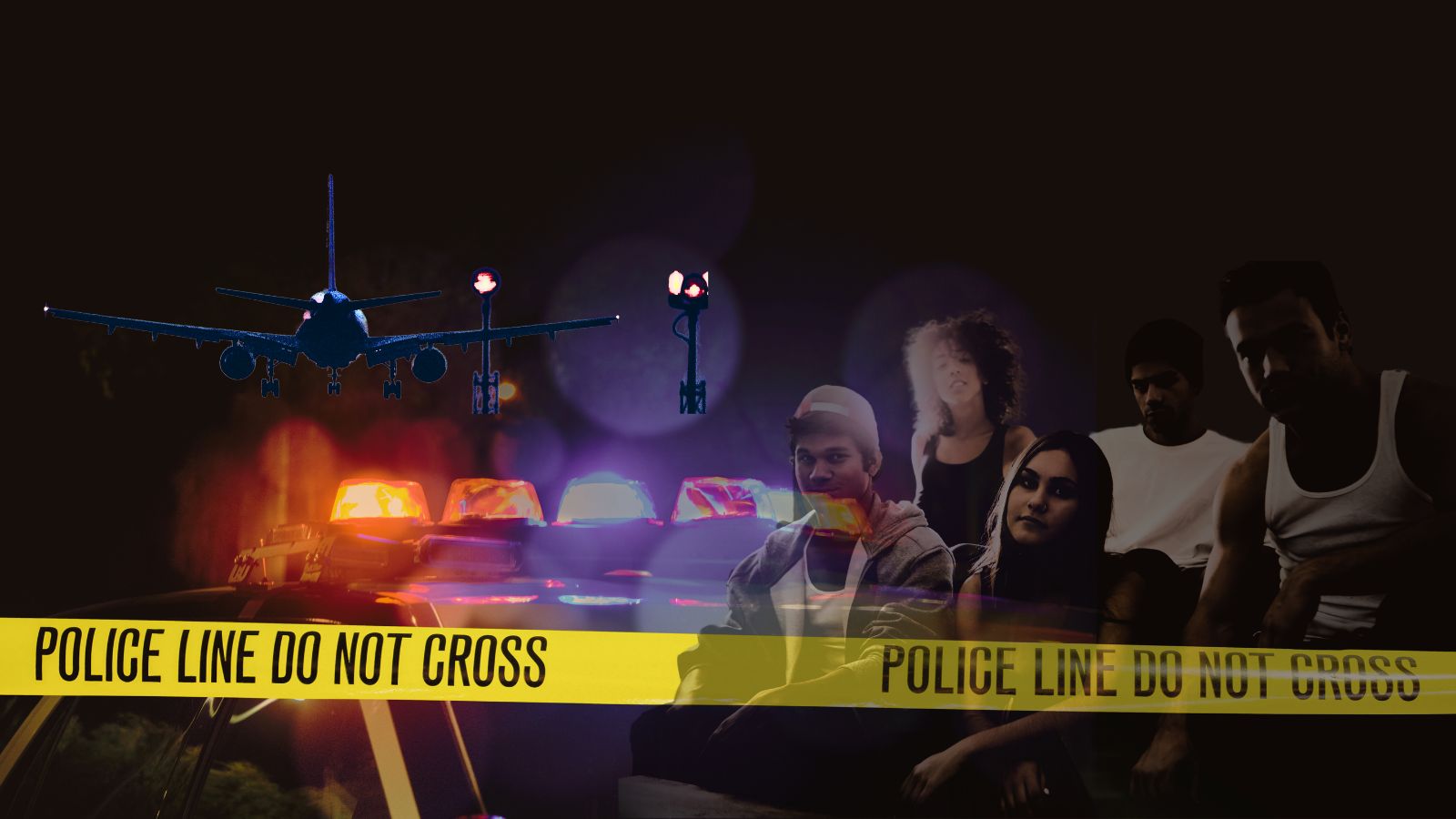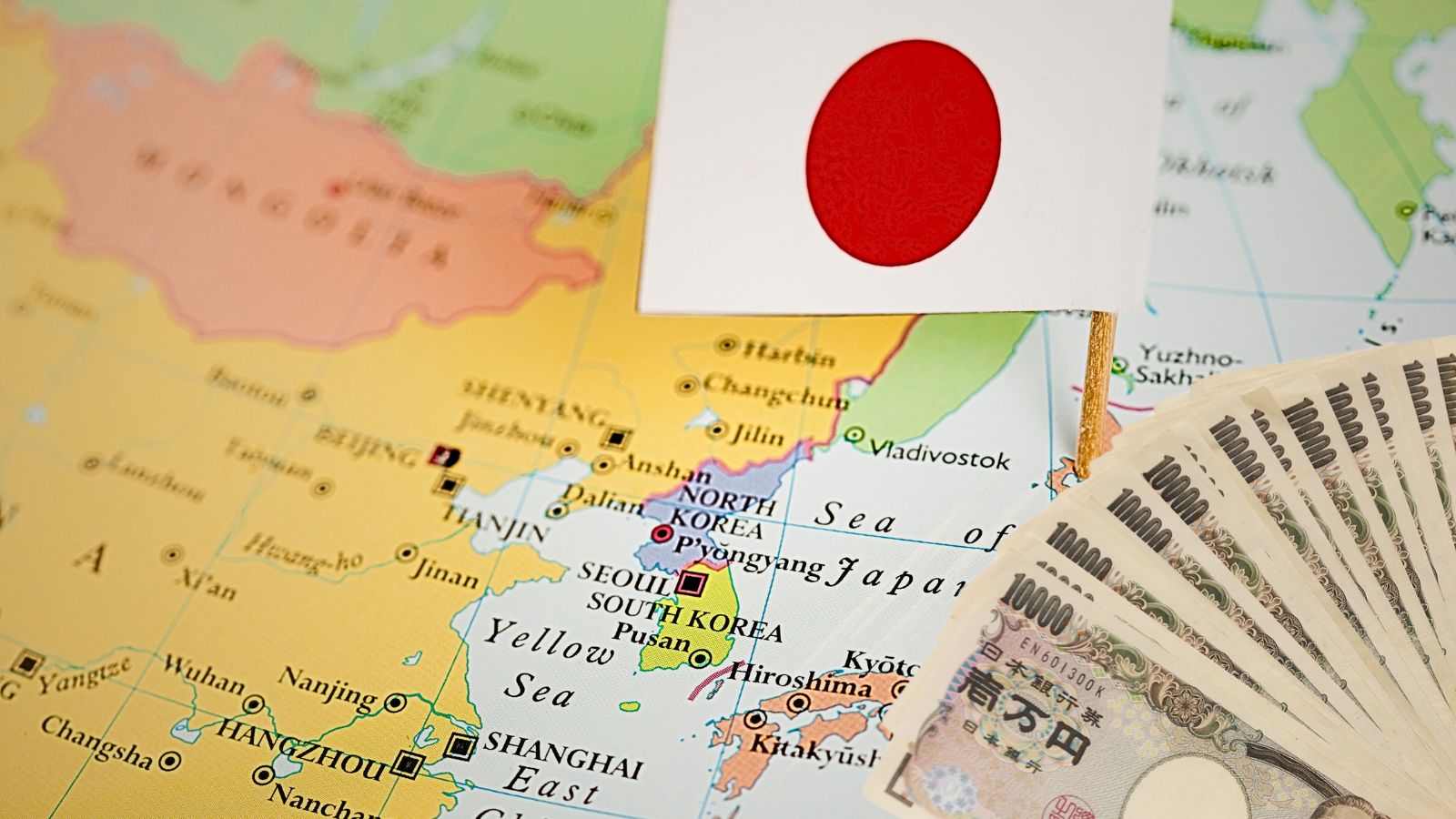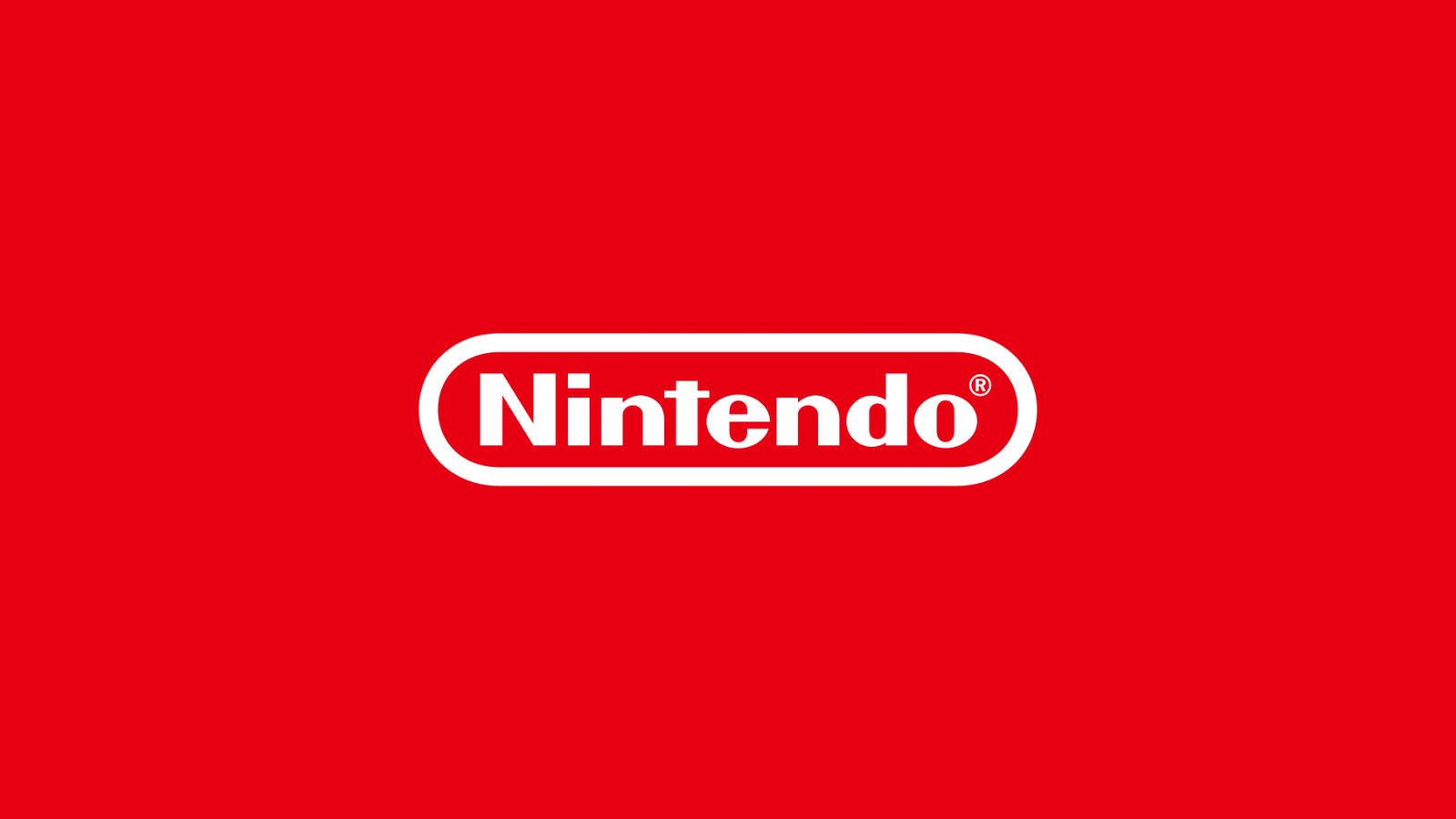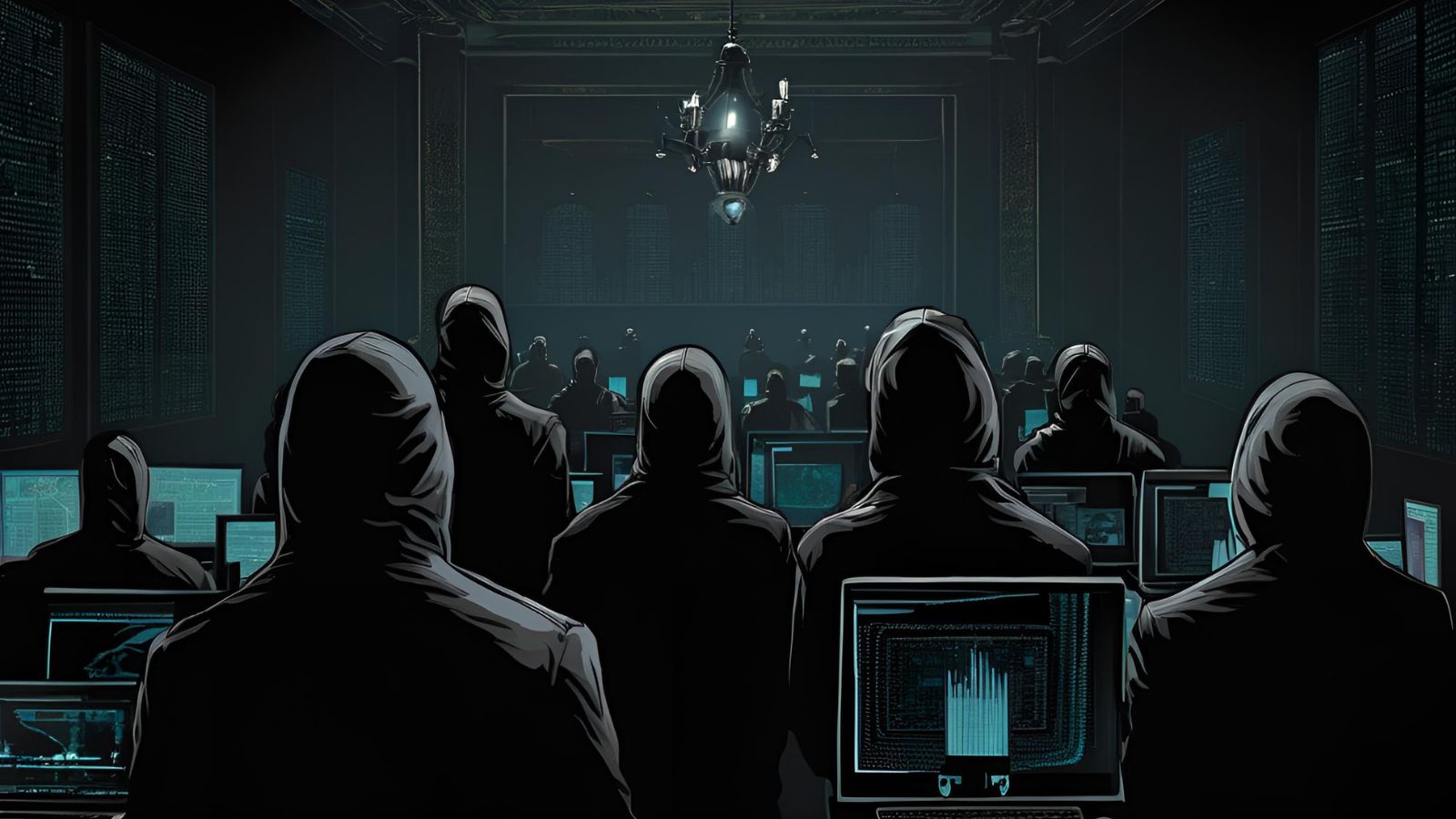
Russia is Pressing Facebook and Twitter to Move Their Servers There
- Russia continues to threaten Facebook and Twitter with blocking, but for now, fines will do.
- The two internet entities are non-compliant with a law that compels them to move their servers to Russia.
- The Russian government has been actively trying to take full control of online activity in the country since 2015.
According to a Russian data storage law that went into effect back in 2015, all online entities that store data of Russian citizens are subject to scrutiny and censorship by the country’s executive body, the Federal Service for Supervision of Communications (Roskomnadzor). This practically means that online social media platforms like Twitter and Facebook have been non-compliant to this law, as the servers that hold the information of their Russian users are still located in the US. This led Russian authorities to threaten the popular socials with blocking actions in September 2017 and again in April 2018, but the US-based internet giants did not bother changing any aspect of their usual practices.
Enforcing this through empty blocking threats didn’t yield the results that the Russian authorities may have hoped for back then, so they sent their “final warning” letters to both Facebook and Twitter on December 2018, allowing them up to 30 days to provide a legally valid response. Today, this allowance period has passed without the reception of any response, and so Roskomnadzor is launching administrative proceedings against the two entities. As a spokesperson of the regulatory body told a Russian media outlet, Twitter and Facebook will now be fined as they are liable for not providing the requested information.
Only during 2018, the Russian government and Roskomnadzor have blocked thousands of pirate sites on the ISP level, blocked millions of Google and Amazon IPs in an attempt to block people communications on Telegram (an encrypted communications app), and blocked at least 50 VPNs that people used in order to get around the restrictions. All in all, the effort to control the internet activity in the country and bash any domains or tools that provide anonymity and privacy for the users has culminated during last year, and 2019 is not expected to be any different on that part.
Blocking Twitter and Facebook will definitely create a social backlash, as the two platforms are extremely popular and act as the communication channels of Russians with the rest of the world. If the government decides to impose a blocking or even a limiting action on the two, it will be one of the most anachronistic and oppressive measures we have seen taking place in a developed country. Hopefully, we will not see this happening.
Are you a Russian citizen? How do you handle the internet censorship that has climaxed in recent years? Feel free to share your thoughts below, or on our socials, on Facebook and Twitter.



